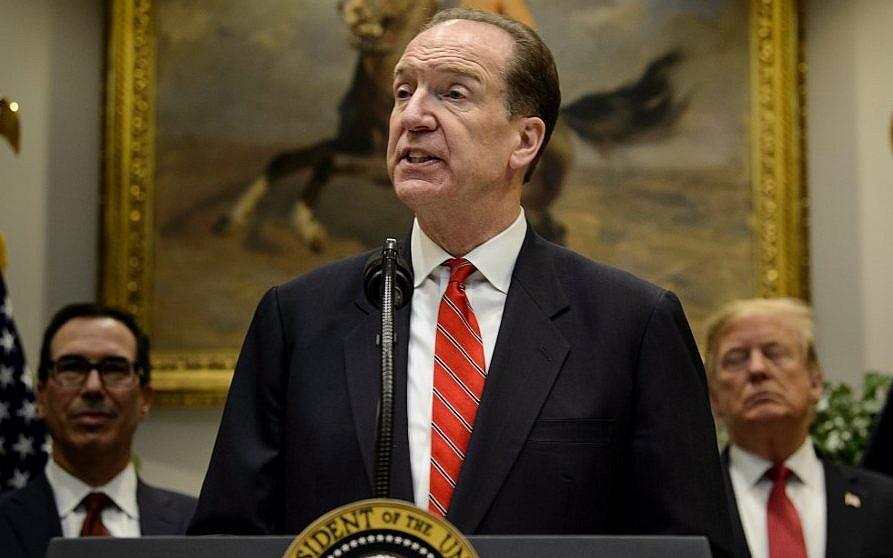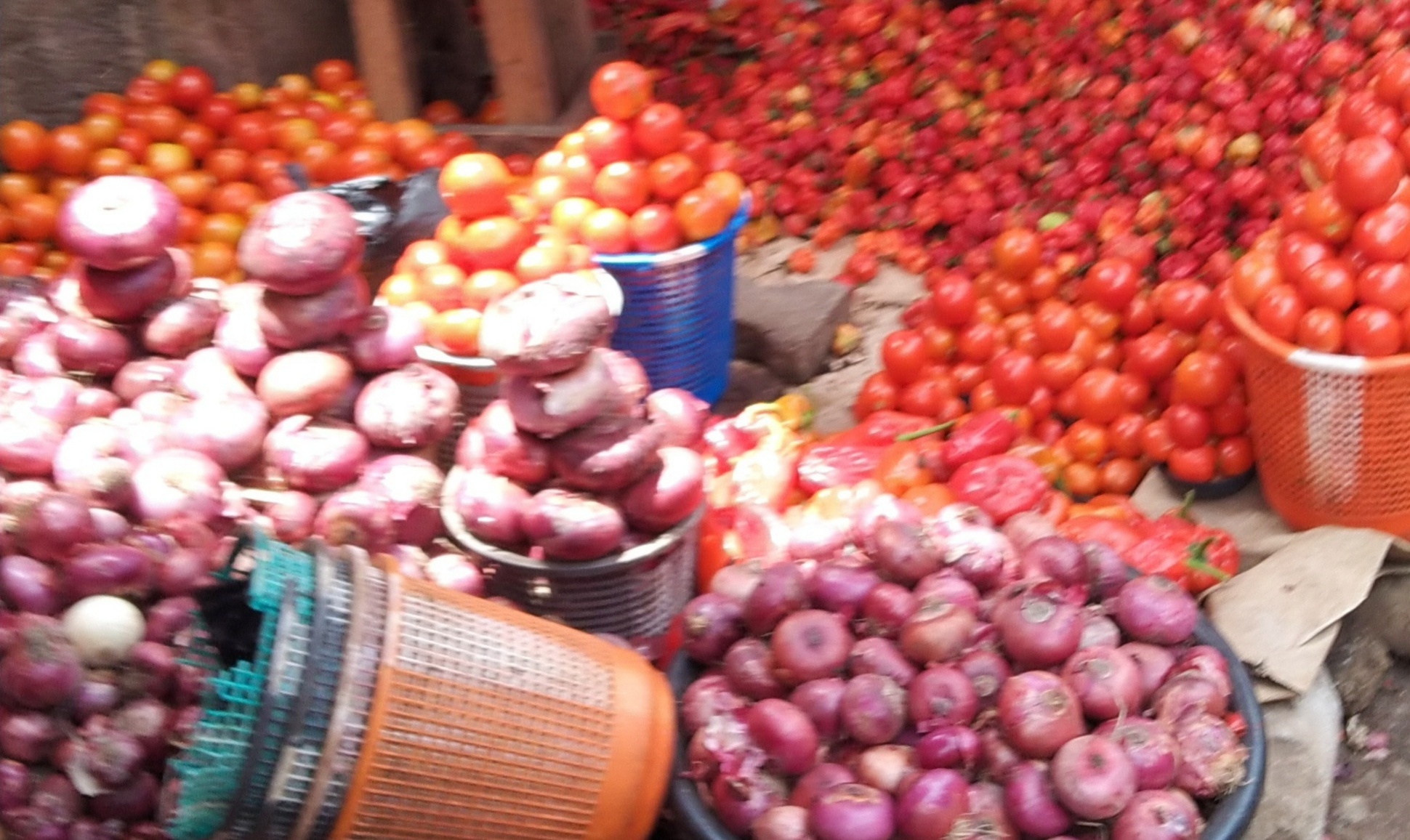ZIMBABWE, Rwanda and Ghana are the three African countries among 10 nations with the highest food price inflation in the latest World Bank assessment.
Zimbabwe, Lebanon, Venezuela and Turkey ranked first four countries in the assessment while Iran, Sri Lanka, Argentina, Moldova, Rwanda and Ghana were the remaining countries in the list published by the World Bank on Sunday.
The World Bank in its latest update for the month of October had opined that domestic food price inflation would continue to rise, especially in low and middle-income countries, including African nations.
“Domestic food price inflation remains high around the world. Information between May to August 2022 shows high inflation in almost all low-income and middle-income countries; 88.2 per cent of low-income countries, 91.1 per cent of lower-middle-income countries, and 93 per cent of upper-middle-income countries have seen inflation levels above 5 per cent, with many experiencing double-digit inflation. The share of high-income countries with high inflation has also increased sharply, with about 82.1 per cent experiencing high food price inflation,” the update read.
The bank noted that there has been another increase in fertilizer prices, in addition to increasing energy prices, as policy measures such as export restrictions have limited global fertilizer availability.

“The war in Ukraine has altered global patterns of trade, production, and consumption of commodities in ways that will keep prices at high levels through the end of 2024 exacerbating food insecurity and inflation. High food prices have triggered a global crisis that is driving millions more into extreme poverty, magnifying hunger and malnutrition,” the bank added.
A report said Zimbabwe’s economy grew this year by less than the 4.6 per cent previously forecast because of factors including high inflation and government spending cuts, according to its Finance Minister Mthuli Ncube.
The 4.6 per cent estimate was given in July during a budget review after being revised lower from an earlier forecast of 5.5 per cent growth.
On the other hand, Ghana’s economy expanded 4.8 per cent year-on-year in the second quarter of 2022, driven by growth in the fishing, manufacturing and education services sectors, data from the country’s statistics service in September 2022 revealed.
In June this year, the gold-producing nation had said it would seek International Monetary Fund (IMF) support as its balance-of-payments position deteriorated.
Post published in: Business


